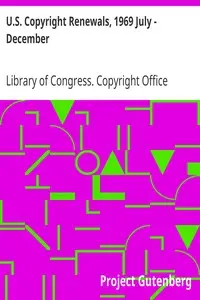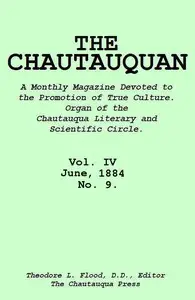"The World's Best Books: A Key to the Treasures of Literature" by Frank Parsons equips readers with the tools to navigate the world of great books. Written as a guide in the late 1800s, this book explores the why and how of engaging with quality literature. It acts like a handbook, opening doors for students, educators, and anyone seeking to enrich their minds through reading. The book begins by explaining its goals, placing importance on choosing valuable literature for self-growth and intelligence. It lays out five main goals: revealing why great literature is helpful, teaching effective reading strategies, and creating a solid knowledge base of important writings throughout history and across different cultures. It also pushes readers to carefully choose and own books, seeing them as key parts of both learning and building character.
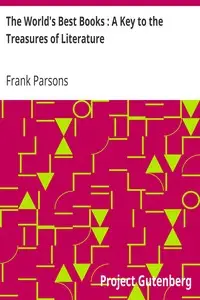
The World's Best Books : A Key to the Treasures of Literature
By Frank Parsons
Unlock the secrets of literary appreciation and personal growth through a curated journey of history’s finest books.
Summary
About the AuthorFrank Parsons was an American professor, social reformer, and public intellectual. Although he was educated as an engineer at Cornell University, he passed the Massachusetts state bar examination and became a lawyer in 1881. Parsons was a lecturer at Boston University School of Law for more than a decade and taught at Kansas State Agricultural College from 1897 to 1899. As a leading social commentator of the Progressive Era, Parsons authored a dozen books and more than 125 magazine and journal articles on a wide range of reform topics, including currency reform, regulation of monopolies, municipal ownership, establishment of direct democracy, and other matters. Parsons is also widely regarded as the father of the vocational guidance movement.
Frank Parsons was an American professor, social reformer, and public intellectual. Although he was educated as an engineer at Cornell University, he passed the Massachusetts state bar examination and became a lawyer in 1881. Parsons was a lecturer at Boston University School of Law for more than a decade and taught at Kansas State Agricultural College from 1897 to 1899. As a leading social commentator of the Progressive Era, Parsons authored a dozen books and more than 125 magazine and journal articles on a wide range of reform topics, including currency reform, regulation of monopolies, municipal ownership, establishment of direct democracy, and other matters. Parsons is also widely regarded as the father of the vocational guidance movement.

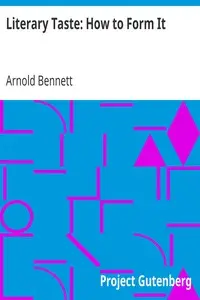
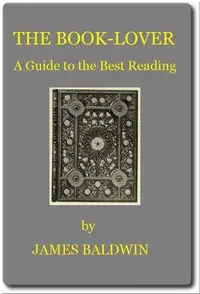

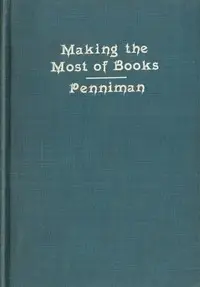
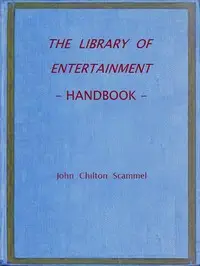

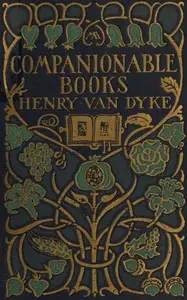

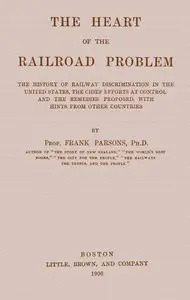
![Momus Triumphans: or, the Plagiaries of the English Stage (1688[1687]) by Gerard Langbaine](https://cdn.a2-host.cloud/vYMEKiXf20z0nEqMIOmZFo6sDzksR551HJl5nAF0ock/rs:fill:215:325:0/g:ce/aHR0cHM6Ly9zcC1hc3NldHMuczMudXMtd2VzdC0wMDQuYmFja2JsYXplYjIuY29tL2Jvb2svNDU3OTMvTW9tdXNfVHJpdW1waGFuc19vcl90aGVfUGxhZ2lhcmllc19vZl90aGVfRW5nbGlzaF9TdGFnZV8xNjg4MTY4N19jb3Zlci5qcGc.webp)
